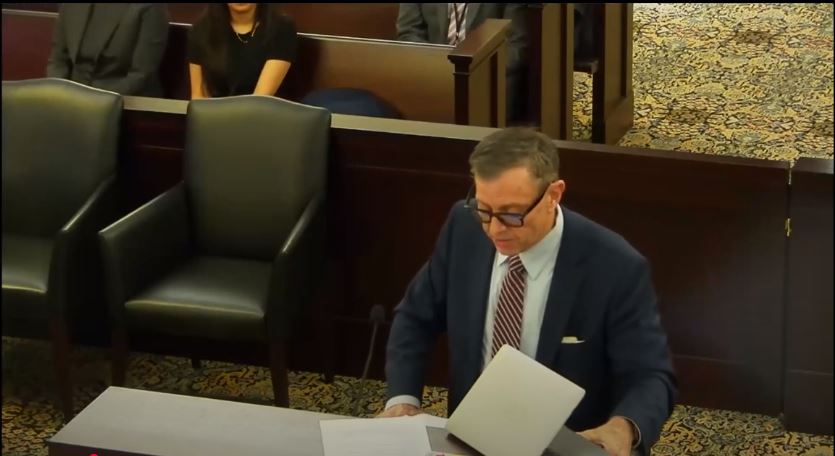State AGs And Former DEA Leaders Push Agency To Hold Public Hearing On Marijuana Rescheduling Proposal
In a filing with the federal government ahead of a key deadline this week, a group of former Drug Enforcement Administration (DEA) leaders is asking the agency to hold a public hearing on the proposal to reschedule marijuana from Schedule I to Schedule III of the Controlled Substances Act (CSA)—saying that the move is “likely the most consequential rulemaking DEA has ever attempted.”
A group of 18 state attorneys general also filed a similar request.
“Given the magnitude of the impact of the proposed rule and considering we face an unprecedented drug overdose crisis in this country,” said the group of six former DEA administrators and three former acting administrators, “we write to emphasize that a hearing on this rulemaking is in the public interest.”
“A public hearing is in the public interest, and therefore in the interest of our states,” added the attorneys general, led by South Carolina AG Alan Wilson (R). Others who signed on represent Alabama, Arkansas, Idaho, Indiana, Iowa, Kansas, Louisiana, Mississippi, Montana, Nebraska, New Hampshire, North Dakota, Oklahoma, South Dakota, Texas and Wyoming. All are Republicans.
The groups’ asks came ahead of a deadline Thursday to file comments requesting that DEA hold a hearing on the rescheduling proposal.
“As DEA made clear in the Proposed Rule, additional data and rigorous scientific analysis is needed to determine whether marijuana is appropriately placed into Schedule III,” the former drug enforcement officials wrote. “Sifting through the competing claims about marijuana’s pharmacological effects, potential for abuse, and implications for public safety, are best done at a hearing.”
They assert that the rescheduling recommendation “proposes to change the definition of currently accepted medical use, as well as change the way the federal government implements our international treaty obligations.”
read the rest here at Marijuana Moment

Forfeiture without Criminal Charges
Can the police seize your belongings and hold it without charging you with a crime?Read the summary below and watch Attorney Michael Komorn in the Court of Appeals.Summary of "Ruben Delgado v. Michigan State Police": This case was filed in the Jackson County Circuit...

23andMe filed for Chapter 11 bankruptcy and your data is?
As of Friday 3/28/25, the firm’s shares were worth less than a dollar.If you are charged with a crime you're part of the State of Michigan family now. Call us - Because you don't want to be a part of that family. Komorn Law (248) 357-2550Genetic testing service...
Other Articles
Legal Tip – Your Rights During a DUI Stop in Michigan
Komorn Law - Quick Legal TipsLegal Tip: Understanding Your Rights During a DUI Stop in Michigan A DUI stop can be stressful, but knowing your rights is crucial. You have the right to remain silent. You are not obligated to answer questions beyond basic identification....
Judge finds marijuana testing facilities run by ex-cops violated testing results
Viridis Laboratories has faced ongoing allegations of exaggerating THC levels while minimizing the potential risks associated with cannabis.If you are charged with a crime you're part of the State of Michigan family now. Call us - Because you don't want to be a part...
Domestic Violence Conviction Prohibits Gun Ownership
No Second Amendment Rights For YouIf you are charged with a crime you're part of the State of Michigan family now. Call us - Because you don't want to be a part of that family. Komorn Law (248) 357-2550A federal judge in Michigan has ruled that a man with a prior...
Update on Michigan’s Sick Time Act (Small Business Compliance)
Small Business Compliance Accrual Method: Employees accrue 1 hour of paid sick time forevery 30 hours worked, and unused paid sick time rolls over upto 72 hours, or 40 for a small business. Employers may limit theuse of earned sick time to 72 hours, or 40 for a small...














